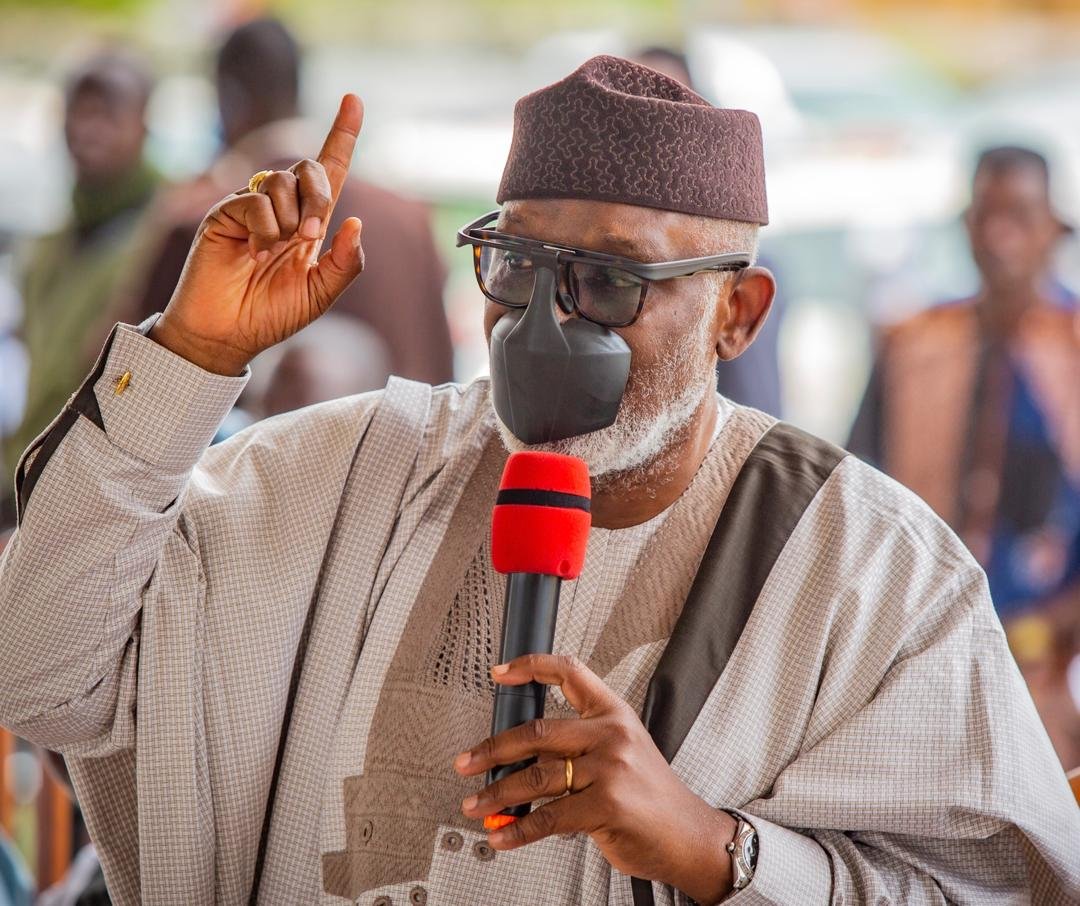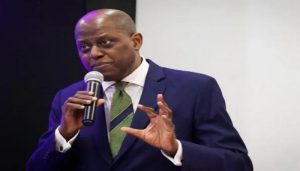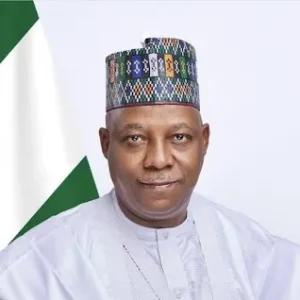
To deliver more dividends of democracy for the people of Ondo State, Governor Oluwarotimi Akeredolu, has iterated the need for the people to support government initiatives through the payment of taxes.
He noted that the poor oil performance and the outbreak of COVID-19 pandemic in 2020 have direct negative consequences on the economy and revenue inflow to the state and nation at large.
Meanwhile, the 2022 budget was pegged at N199 billion with N85.9 billion earmarked for capital projects while N86.3 billion is for recurrent expenditure. Also, N13 billion and N13.8 billion were allocated for statutory transfers and debt repayment respectively.
Analysing the 2022 budget of the state in Akure yesterday, the Commissioner for Economic Planning and Budget, Emmanuel Igbasan, said the global crises affected the state drastically.
“Even though the coronavirus pandemic may not kill as many people in Africa as it is doing elsewhere, the greatest challenge that faces all of us is the attendant economic impact.”
He lamented that it manifests in reduced productivity and dwindling resources as currently experienced all over the nation.
Igbasan, however, noted that the 2022 Budget, named, “Budget of economic re-engineering” has well-defined policy thrust and priorities within the Medium Term Expenditure Framework (MTEF) and the second blueprint titled: REDEEMED agenda.
According to him, the competing needs of the people were programmed and prioritised in alignment with the Medium Teem Sector Strategy (MTSS). He added that there will be significant improvements on Independent Revenue (IR).
Igbasan, who considered increased internal revenue (IR) through an efficient and innovative revenue administration system, said the budget would be funded from three major sources, Federation Account (N57.843b), IR (N30.9b) and other sources (N110.4b).
The N110.9b revenue from other sources, as said by him, would come from cash reserves, special FAAC allocations, excess crude, short-term borrowing/domestic, long-term borrowing, grants and health insurance contributions.
The commissioner stated that budget implementation is a joint responsibility of every stakeholder in the state, urging the people, especially taxpayers, to cooperate with the state government for efficient service delivery.
“Let me reiterate that everyone living and earning income or having significant economic presence in the state must pay their taxes as and when due.
“By doing so, we will have the moral right and justification to enjoy public facilities provided by the government and demand accountability from our leaders,” he said.







